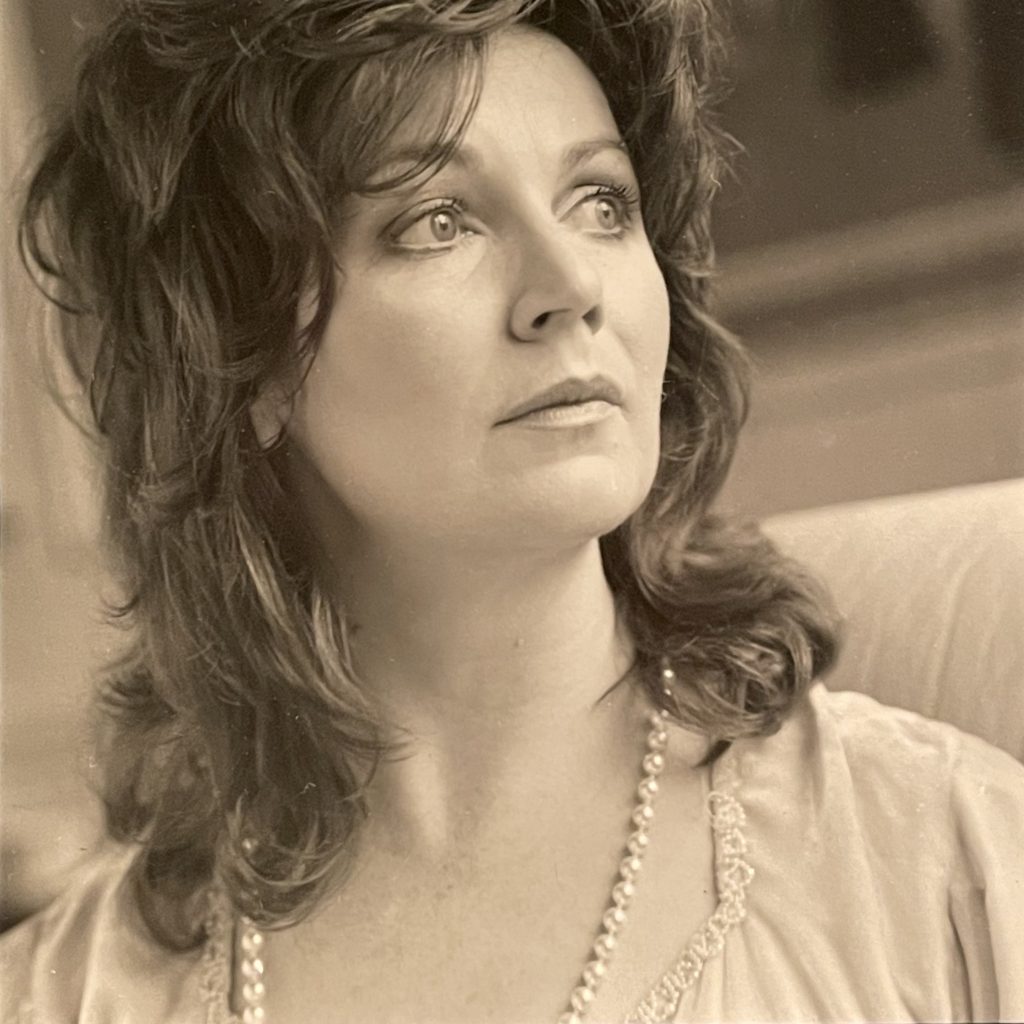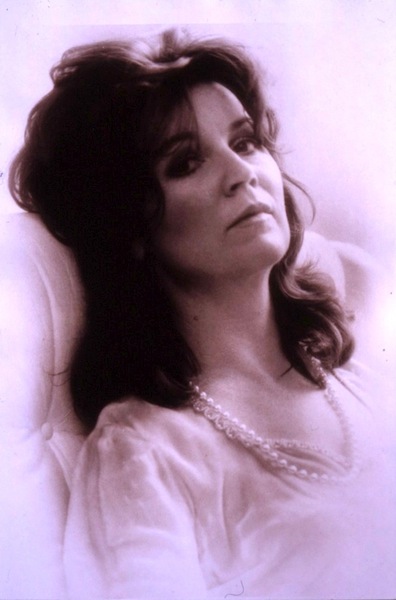15.12.30 – 27.7.2024

Even before the publication of her first novel The Country Girls, Edna O’Brien enjoyed–if that is the word–a complicated relationship with her native country. Like many Irish writers, O’Brien had sought freedom, to express herself without having to self-censor or be censored, but she was also ambitious, seeking fame and success. And so, marrying the writer Carlo Gebler against her parents’ wishes, she upped with him and moved to London in 1954, where she worked as a publishers’ reader. The Country Girls, her first novel published six years later, may have been banned, burned and denounced from the pulpit in Ireland, but it was also widely read and liked by those who appreciated fine and original writing. In those days, the difference between a novel passing the censor, or being banned, was reflected in sales. Banned books could go to multiple printings, while those who sailed through the censor’s trawl, might sink without trace. Ireland in those years enjoyed a level of national hypocrisy not dissimilar to the Party elite in Moscow, who liked to watch Hollywood films on VHS, while denouncing the Capitalist West. The Abbey Theatre, where O’Brien’s play The Gatheringpremiered in October 1974, was, in terms of architecture and status, eerily reminiscent of the state theatres on Karl-Marx Allee in East Berlin. Perhaps co-incidentally, the Artistic Director of the Abbey, Tomas MacAnna, had studied at the Berliner Ensemble. However, fortified by the example of Brecht, he had the courage to stage new plays he knew would be unpopular. O’Brien’s programme notes for that first performance in 1974 show that she was taking no prisoners in her mapping of family relationships:
Oedipus had no choice but to dishonour his mother, God or Gods had decreed it. His father tried to circumvent it, he himself riled against it, nevertheless Jocasta’s body became the vehicle for the tragedy of all three.
We long to know more about these people, their intimate characteristics, how winning, how warm was she; how lewd or how tyrannical the father, how calculating the whitehaired son? But it is too far away and we are filled more with the idea. The unthinkable seed of incest, of love fuelled by hate, of voracious family ties, –these gnaw at us, and we put them out of our minds again and again, we shirk them. It is why we meet at Christmas, and often go home with a curious want in our souls.
Some get called parents, some get called children, who will, in turn, be called parents by children who cannot know that these parents are still struggling to get out of unmerciful long-deceased wombs. The convulutions are vast—so too are the longings, and the dread.
This then is a family, not unlike any other family, except perhaps that it is a rather more eventful day.
At such premieres, after the curtain-call, it was customary for the audience to applaud, and call for the author. However such was the degree of societal complicity, that the first night audience in Dublin in October 1974 remained silent, so condemning themselves to that nameless dustbin of spineless and anonymous bourgeois complicity, and leaving the playwright to go from strength to strength. In London, O’Brien became celebrated in literary and wider circles, not only for the quality of her novels but also because she became the living embodiment of a critical view of Ireland shared by others who had been forced to emigrate: in this, she shares a literary niche with Frank McCourt. As a child in Ireland, although educated at a ‘good’ boarding school at Loughrea, she had found the atmosphere of rural Ireland stifling. The Cathedral at Loughrea might have been embellished with fine Celtic Revival stained glass, and Lady Gregory, one of the founder of the Abbey, had lived nearby, with W B Yeats, Augustus John and other writers and artists making frequent visits, but by the 1940’s this flourishing of the arts was a memory. In London in the 1960’s, O’Brien met and was friendly with Adrian Flowers, and he photographed her on several occasions, capturing not only her tousled beauty but also her steely determination to survive, and to succeed.

The Arts In Ireland, June 1975 Volume 3, No. 2
Text: Peter Murray
Editor: Francesca Flowers
All images subject to copyright.
Adrian Flowers Archive ©